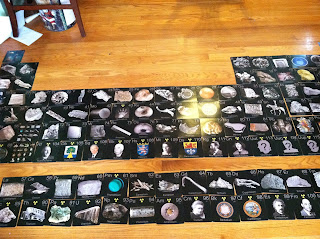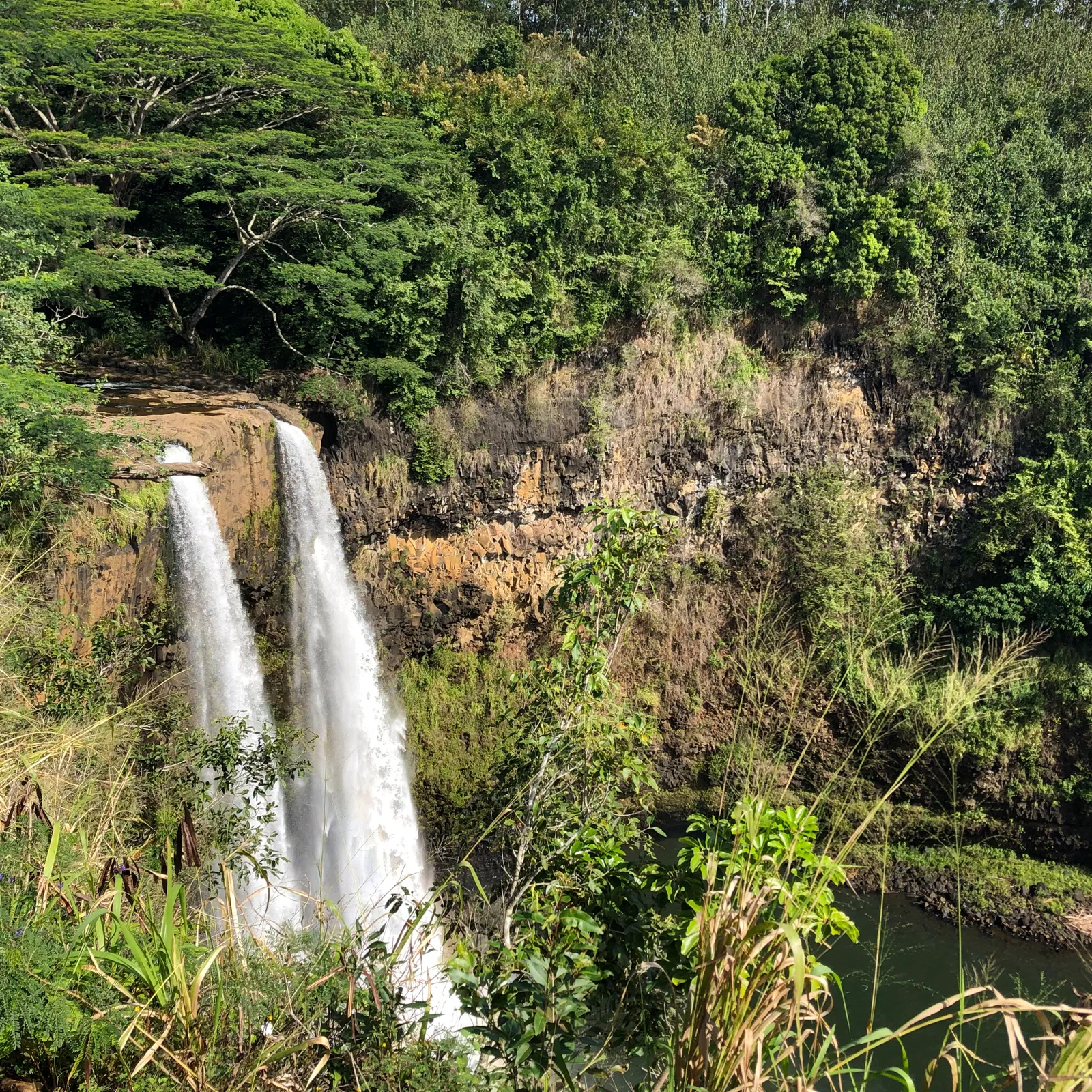practicing Script
word sums in Ms. Shawna's
Structured Word Inquiry class
finishing up our Norse Mythology MLBs
making bottle cap charms in Ms. Kelly's Art class
Crocodile Game (<, >)
the crocodile's mouth opens towards the larger number of fish
students who are still learning place value can use the
Stamp Game material to make the two numbers and compare them
for younger students who need an even more concrete material, we then make the quantities with the
Golden Bead material as well
now this child can more easily see which amount is more... discovering that
2722 has two tens and 2712 has only one
students who need more of a challenge use the
color-coded ten sided dice to roll their own numbers to the millions place and then compare them
our Magic Triangle puzzle
arrange the numbers from 1 to 6 such that each side has a sum of 9
using our box of gems as a manipulative to help solve this puzzle
for students who need more scaffolding, fill in two of the digits
she shows me the gills of the clam
I showed her the page of information about how mollusks form their shells, from
Houses from the Sea
she cleaned out the shell and it's so beautiful!
math puzzles!
a handmade classroom material
the ONE full-sized lollipop
grinding up the lemon-flavored sugar
Leah is a huge fan of Theodore Gray's books and we have them all
the newest one...
Reactions... came out in time for her birthday
Zac, meanwhile, is enjoying his newest sensory bin: packing peanuts!
he sorts them into colors in his muffin pan
the gems can even be used for large division problems (36 divided by 6)
2 + _____ = 8
(2 + how many more?)
lay down 2, put down the pencil, and then keep counting until you reach 8
then count how many gems are below the pencil
a debit card (top) is where you spend what you have
a credit card (bottom) is where you spend what you DO NOT have
a huge file of credit card bills
sharing our Simple Pleasures comic strips
Becca has asked me to photograph hers and publish it in the blog
and discover why a comma splice is incorrect punctuation
younger students love board books to read to Zac!
older students help younger ones with more complicated work...
and do yoga together!
Archie comes to see what all the fuss is about
feeling and describing what's in each bag
using nickels to help make the idea of percents more clear
productive soil is made up of 45% rocks & minerals, 25% water, 25% air, and 5% decaying organic material
the answer to this one is x = 5.4 meters
it's fun to be the first to do a brand-new continent and to take the cards out of their shrink wrap... this set is for Oceania
Backgammon
we learned that the xylophone originated in Africa
my pentatonic xylophone is a well-loved hand-me-down and is crafted using old railroad spikes cut to a variety of lengths
and gorgeous ground candles!
our indoor ground candle
the indoor ground candle once it has cooled
I like having students do chickens as a first knitting pattern
Becca shows off her lamb to a brand-new Waldorf first grade student
these three part cards are self-checking using the icons on the back
there are a LOT of flags in the Africa work!
Zac thinks this work is way cool!
when you're bigger, Zac, you too can learn multiplication
Becca finds the flag card for her country report on Lesotho
reading from our extensive collection of Africa books
removing the sand candle from its mold
the three little legs are so cute!
Leah is working on knitting a doll...
working together to change the chicken mummy salt
R.I.P. Queen Cluckopatra
another two boxes of kosher salt go in
reading lots books by Steve Jenkins to look for facts on our African animals
Leah is dissecting the grasshopper
they don't give a suggested order for this kit, so she's doing all of them and then reporting to me her suggestions for arranging them in order of difficulty... and we will publish a review on the Home Science Tools website with her recommendations
how many eyes do YOU think a grasshopper has?
the laundry room has become her happy place
and it's private so that students who don't want to be around a dissection don't have to be
laying out the flags of Asia
we talked about plagiarism and students are carefully deciding how to phrase their notes from the three part cards... here a younger child asks an older one for his advice
the Africa book collection gets bigger and bigger every time the library sends me a text to say a book I've requested has come in!
yeast experiments in the Thursday night Science Club
using a large piece of paper as both a placemat to delineate each individual students' experiments... and as a way to record the contents of each jar
the dramatic results are so fun for kids to watch
each combination acts differently
making yeasted bread in class the next day
getting ready to put our Sun Bread in the oven using the delicious recipe from
Elisa Kleven's book
brown and delicious
and the swirly parts of the corona are perfect for snacking on
starch experiments in the Friday night Science Club
adding color and glitter
we made way more than we needed... I suggest only making a quarter of the recipe
don't forget to spray your balloon with Pam
we popped one this morning and removed the balloon
they turned out so beautifully!
This post contains affiliate links to the materials I actually use for homeschooling. I hope you find them helpful. Thank you for your support!









































































































































 Immersive Experience
Immersive Experience Immersive Experience
Immersive Experience







No comments:
Post a Comment